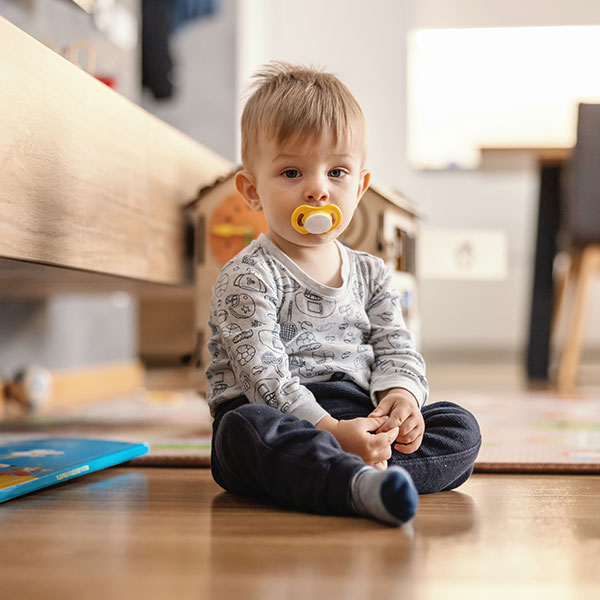How Do Pacifiers Affect Your Child’s Oral Health?
Few things can soothe your child as quickly and effectively as a pacifier. The sucking action can be enormously comforting for babies, enabling them to settle themselves when uncomfortable or in distress. There is also some evidence to suggest that pacifiers can reduce the risk of Sudden Infant Death Syndrome (SIDS) by up to half. Dependence on a pacifier is an easier habit to break than thumb-sucking.
Unfortunately, pacifiers have a downside when it comes to your child’s oral health. Here is how a pacifier may adversely affect the condition of your child’s mouth and teeth, as well as some ways to minimize the problems a pacifier can cause.
Factors Affecting the Risk of Compromised Oral Health Through the Use of a Pacifier
The degree of oral health damage that a pacifier causes depends on a range of variables. Some of these include:
- The vigor with which the child sucks on the pacifier. Children who suck vigorously on the pacifier are more likely to experience problems than those who tend to only suck occasionally.
- How old the child is when they stop using the pacifier. The longer a child uses a pacifier, the more likely they may develop issues with their teeth or mouth. Continuing pacifier use beyond the age of two significantly increases risks.
- How frequently the child uses the pacifier. The more frequent the use, the more likely it is that problems will develop.
- Dipping the pacifier in sugar water before the child starts to suck on it is a dangerous practice when it comes to oral health.
Possible harm caused by pacifiers includes:
- The possibility that the first teeth will grow crookedly, at an angle, or be pushed apart by the pacifier.
- The risk of damage to the roof of the mouth, where the pacifier rubs against it repeatedly.
- Some research suggests pacifier use results in an increased risk of infections in the ear.
- Accelerated tooth decay. Rubber-tipped pacifiers, in particular, can quickly pick up the bacteria that feed on sugar in the mouth to create plaque.
How to Minimize the Risks Pacifiers Pose
- Use a good-quality pacifier constructed as a single unit (so it doesn’t come apart during use).
- An orthodontic pacifier has a specifically designed tip to reduce the risk of dental damage, so these are always a good choice.
- Silicone pacifiers are less likely to harbor germs than plastic or rubber options.
- Don’t use the pacifier as a substitute for attention, food, or other care that your baby needs.
- As your baby gets older, begin to reduce the amount of pacifier access.
- Ideally, children shouldn’t be using a pacifier by the time they’re two years of age.
In the early days of a baby’s life, a pacifier can be a great comfort and also reduce the risk of SIDS. However, the benefits of a pacifier diminish with time, so discontinuing its use after the first year of life (and especially after the age of two) is recommended.
To learn more about how to keep your child’s mouth healthy when using a pacifier, schedule an appointment with our general dentists for children today.


